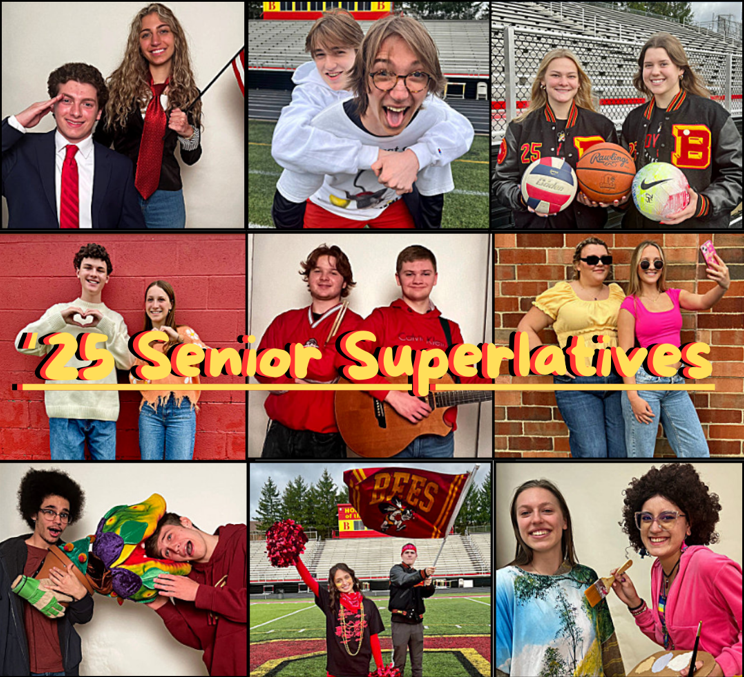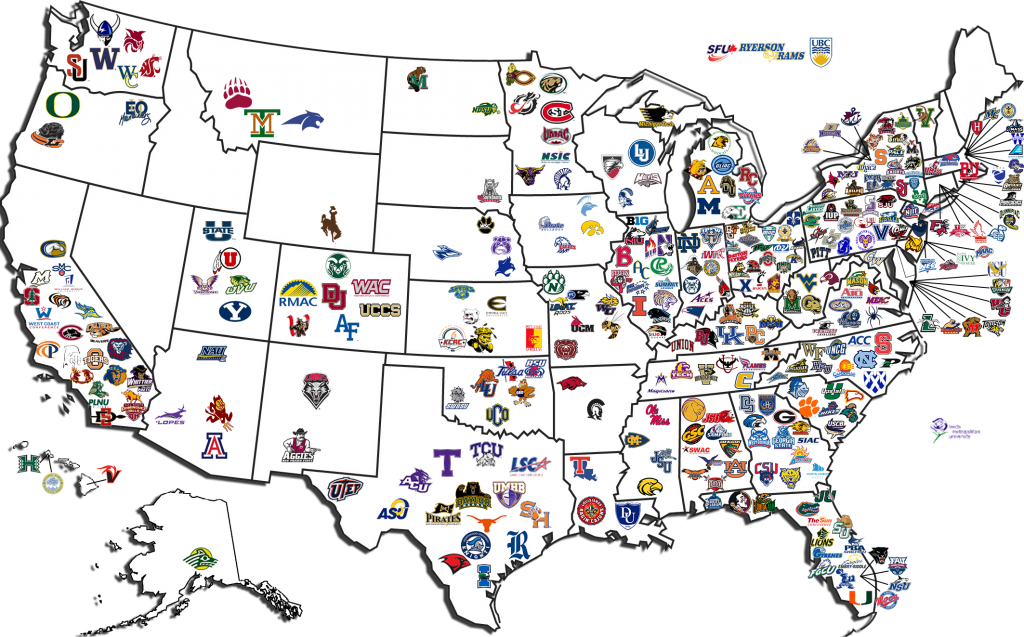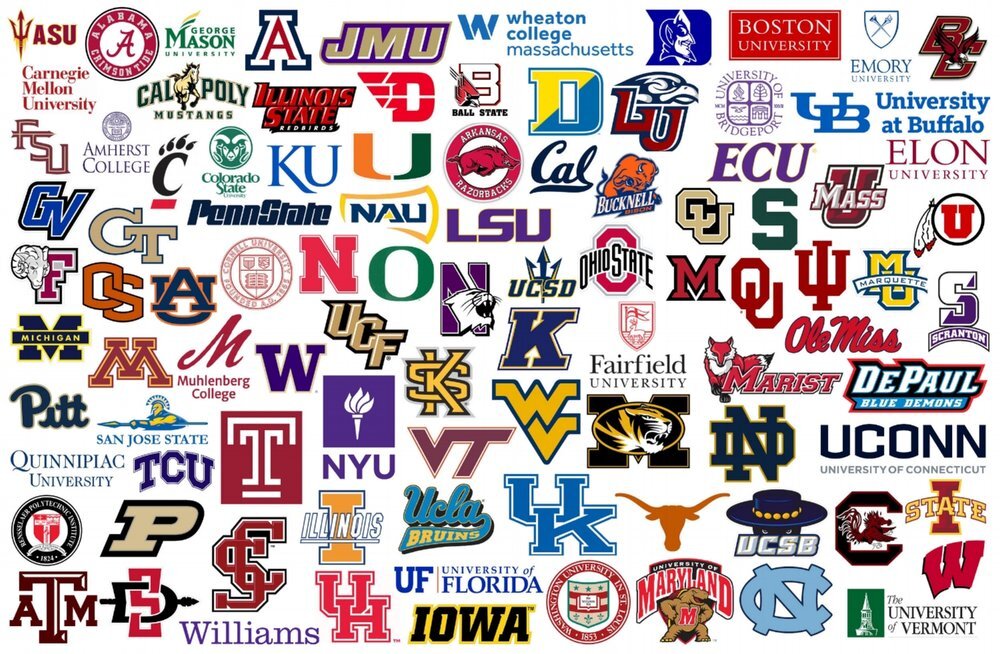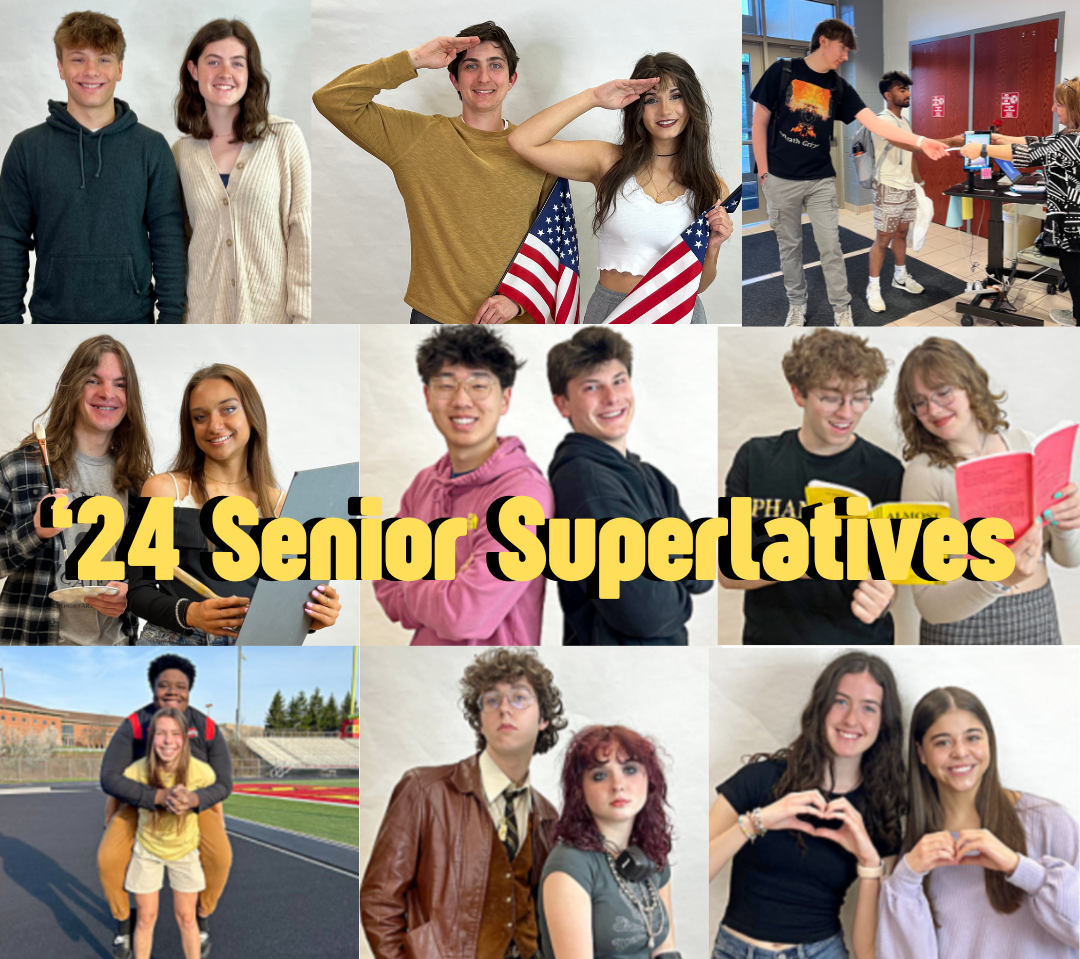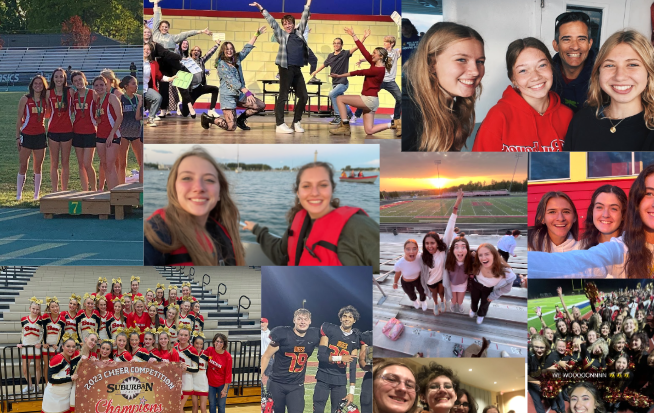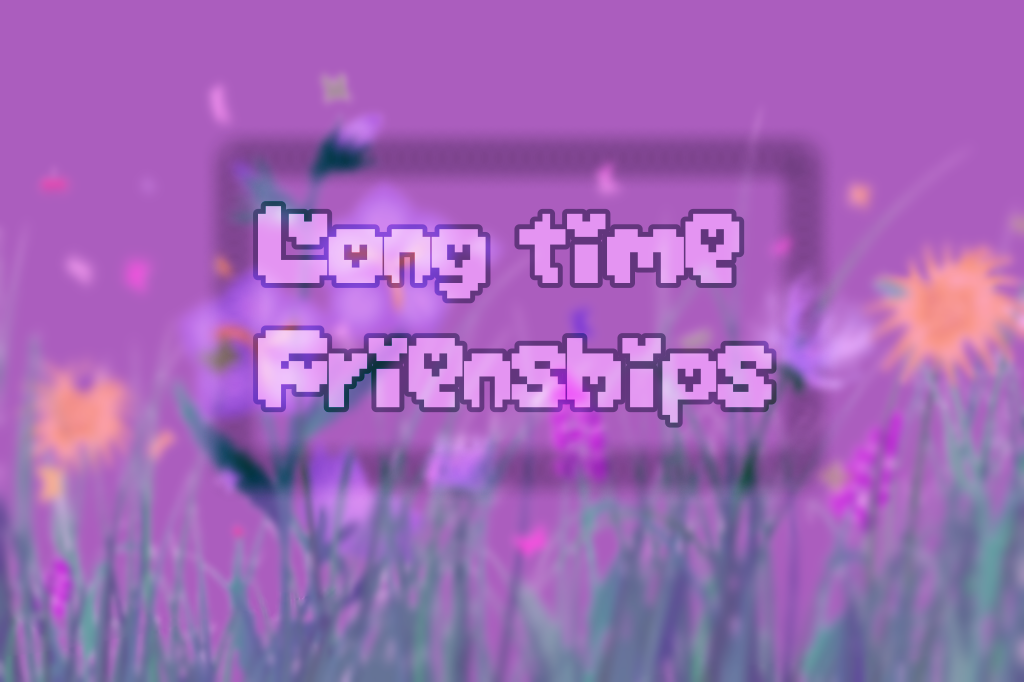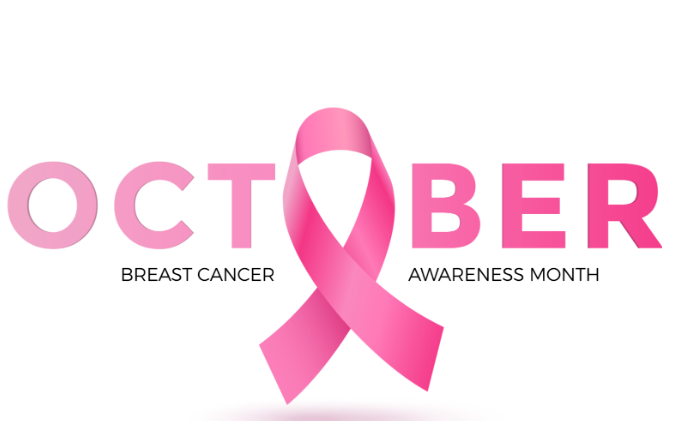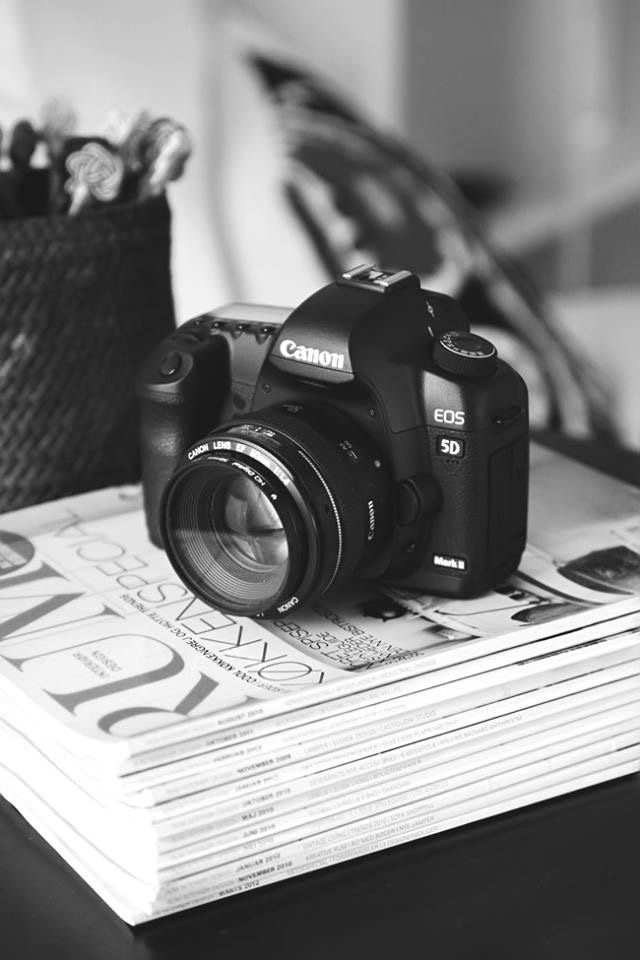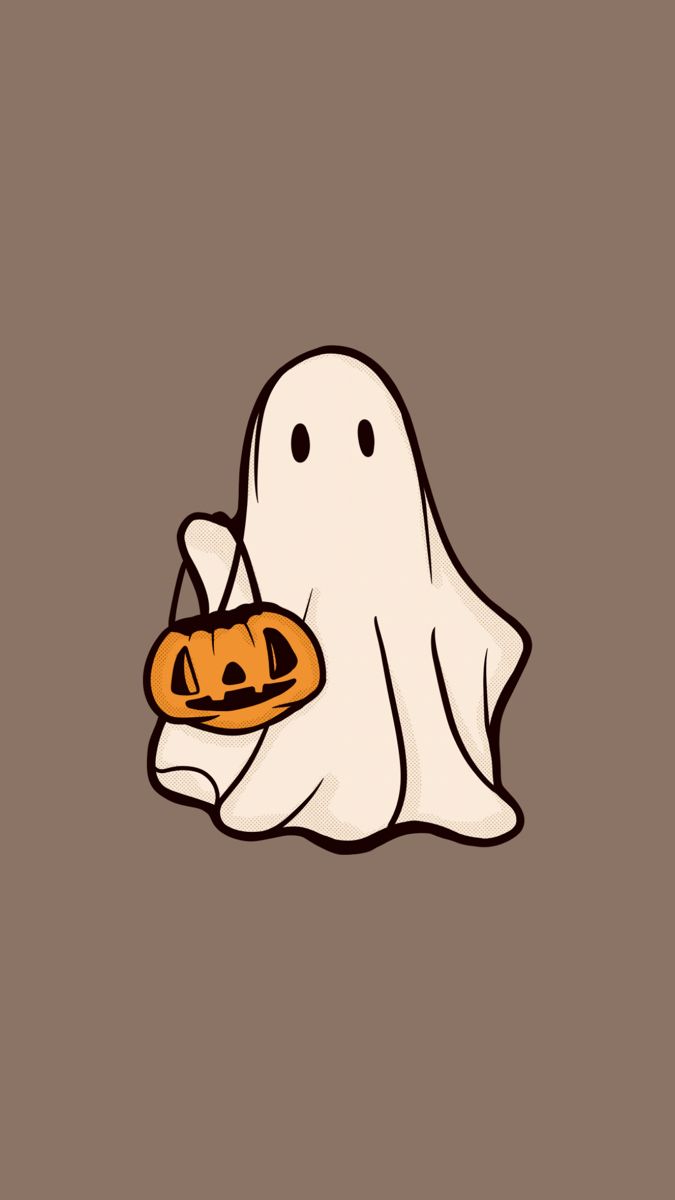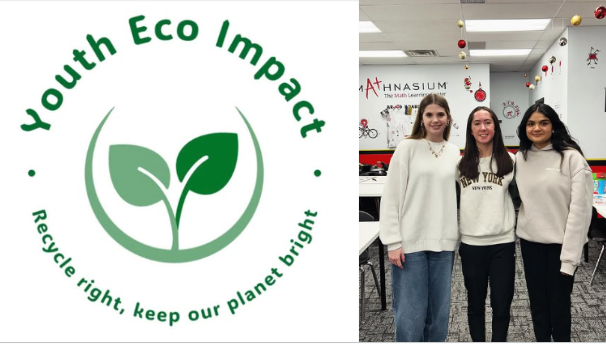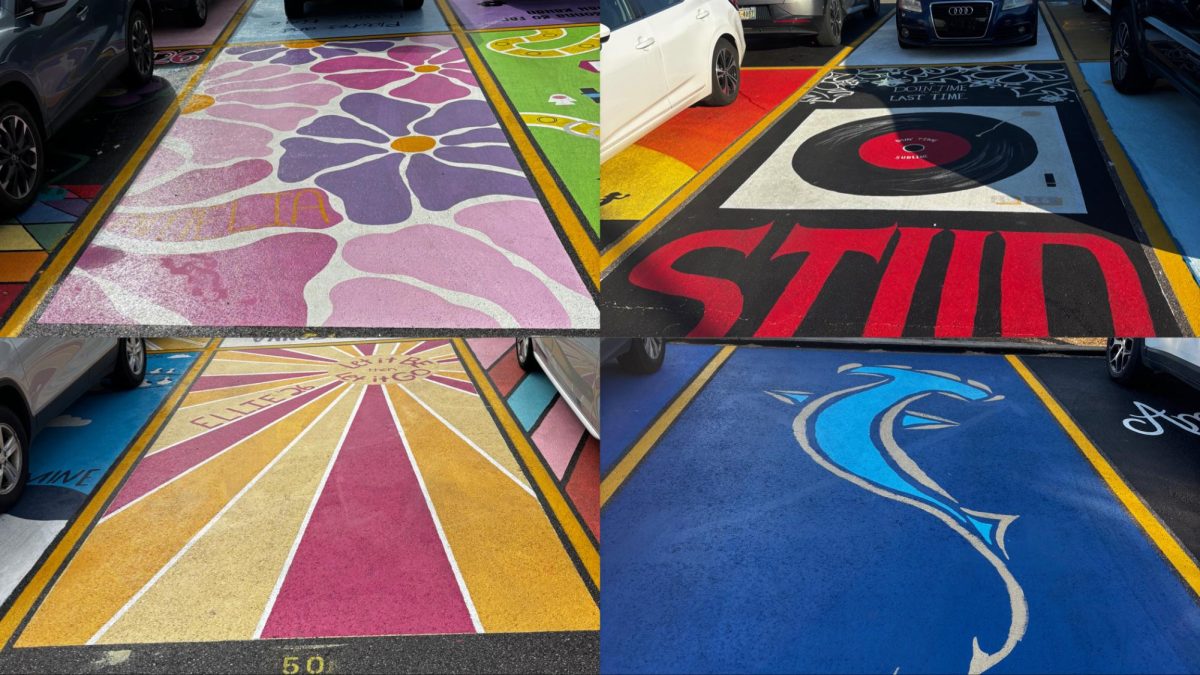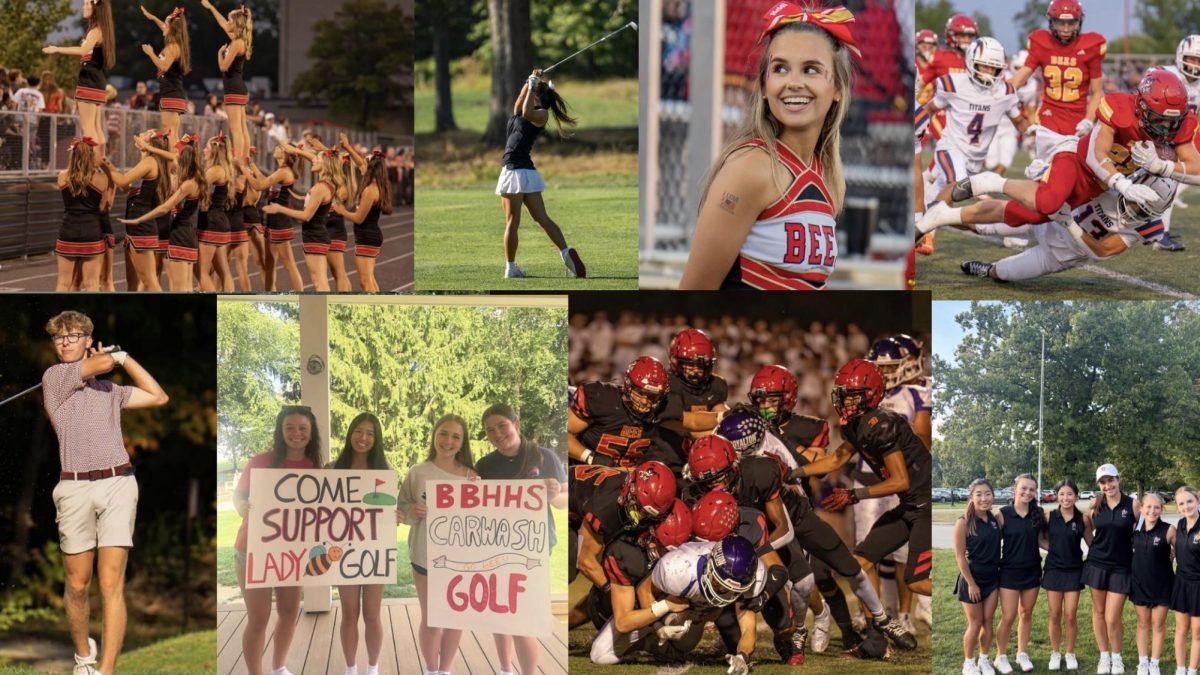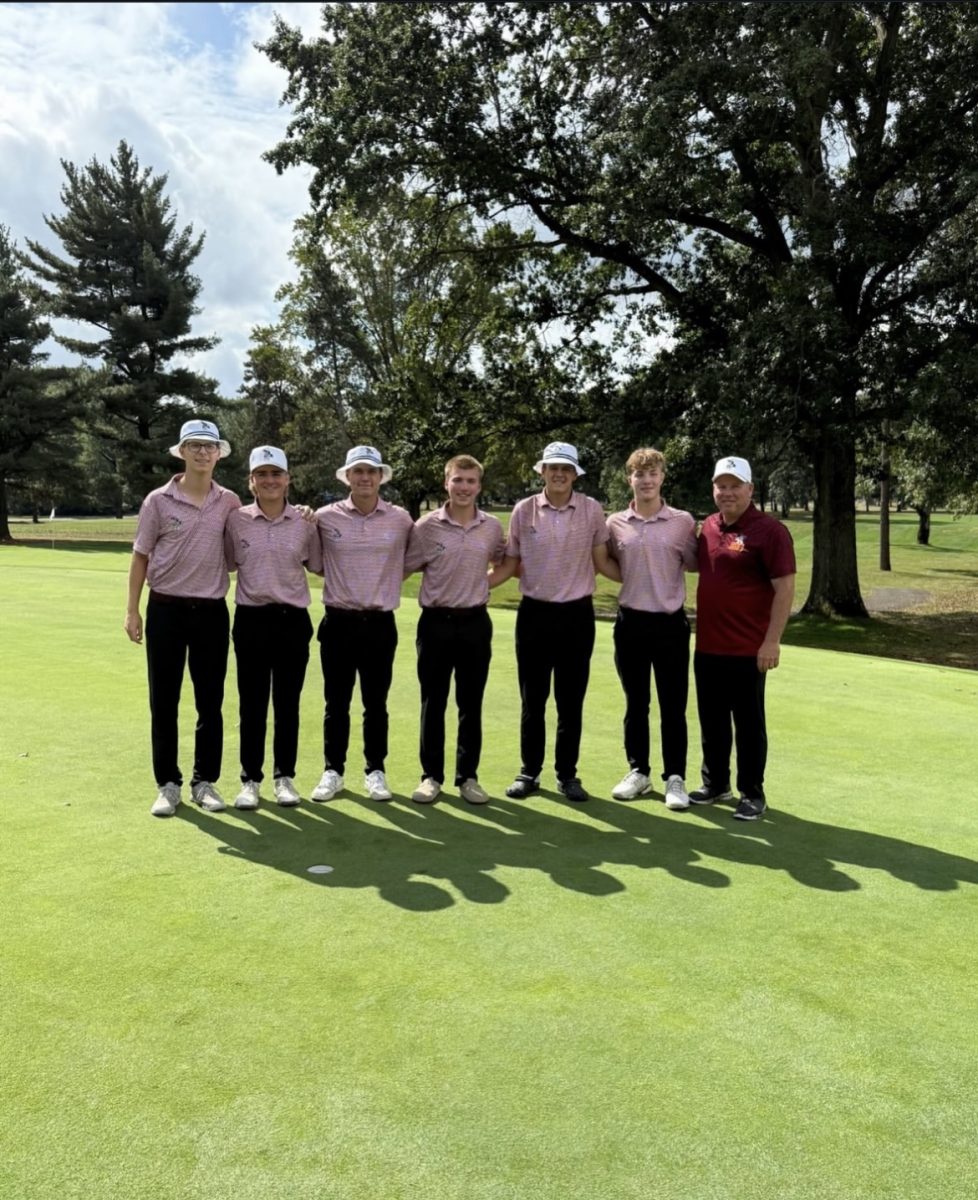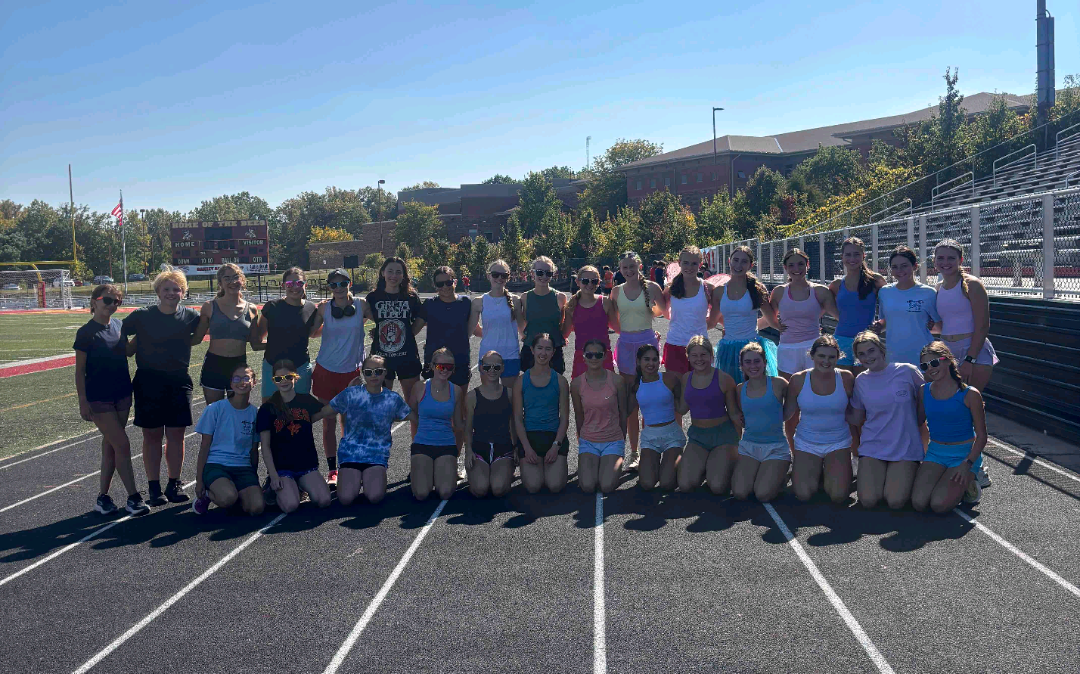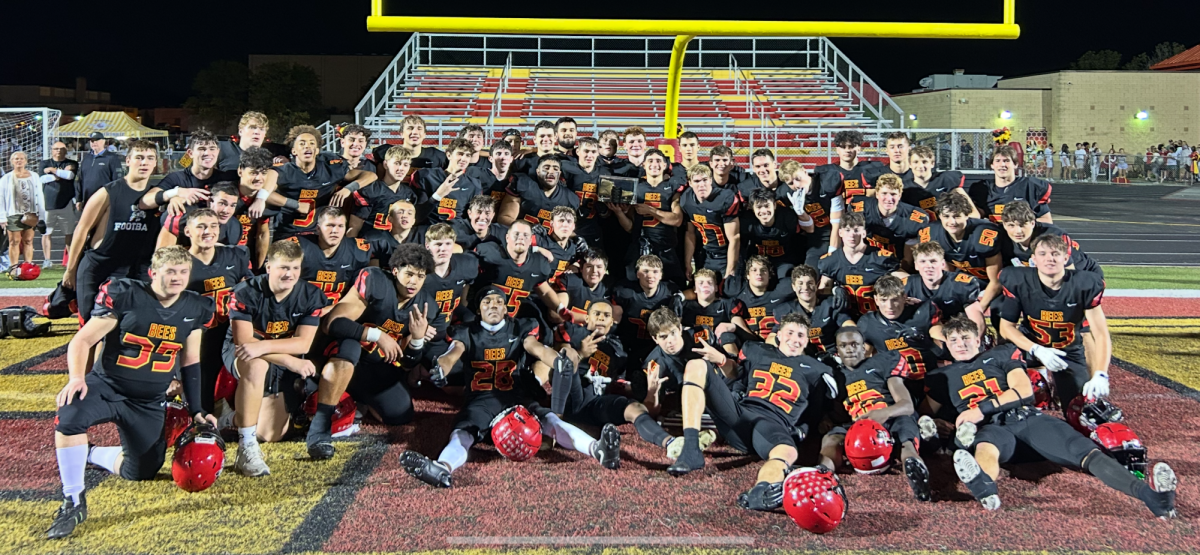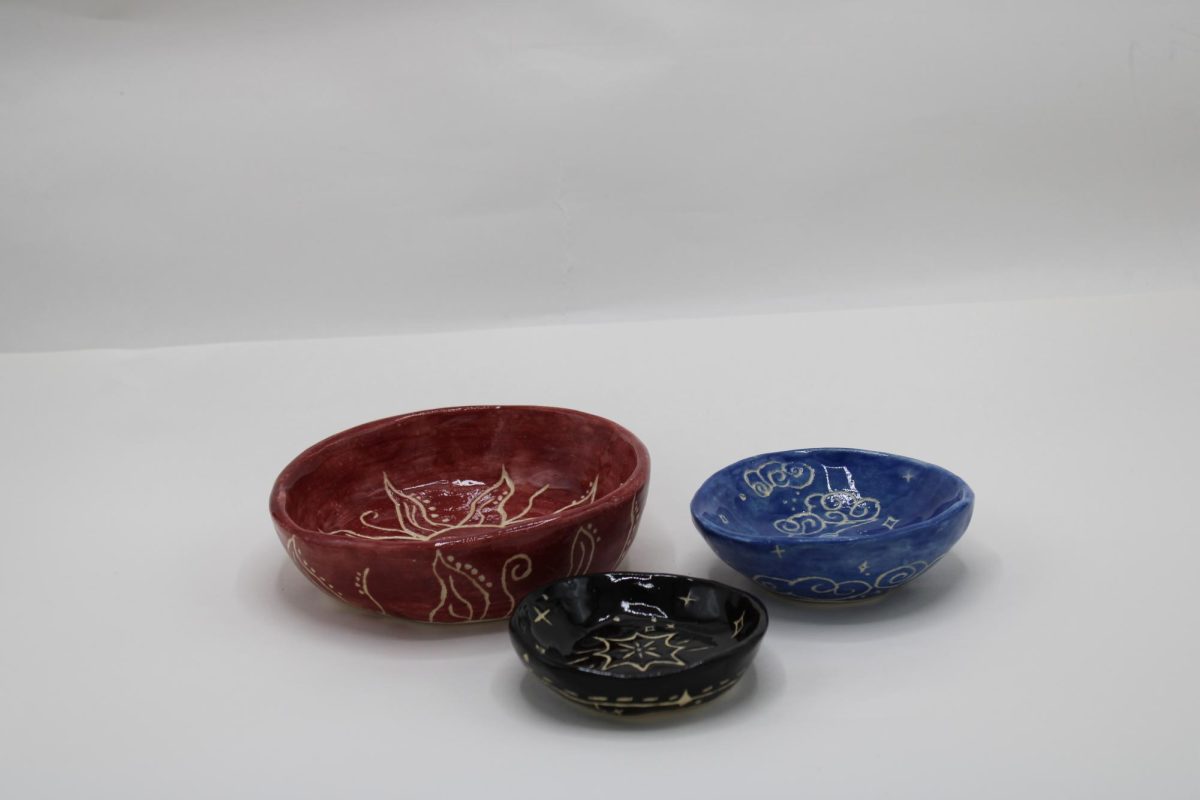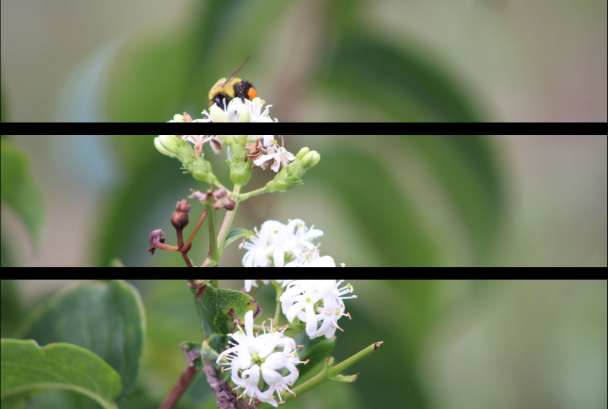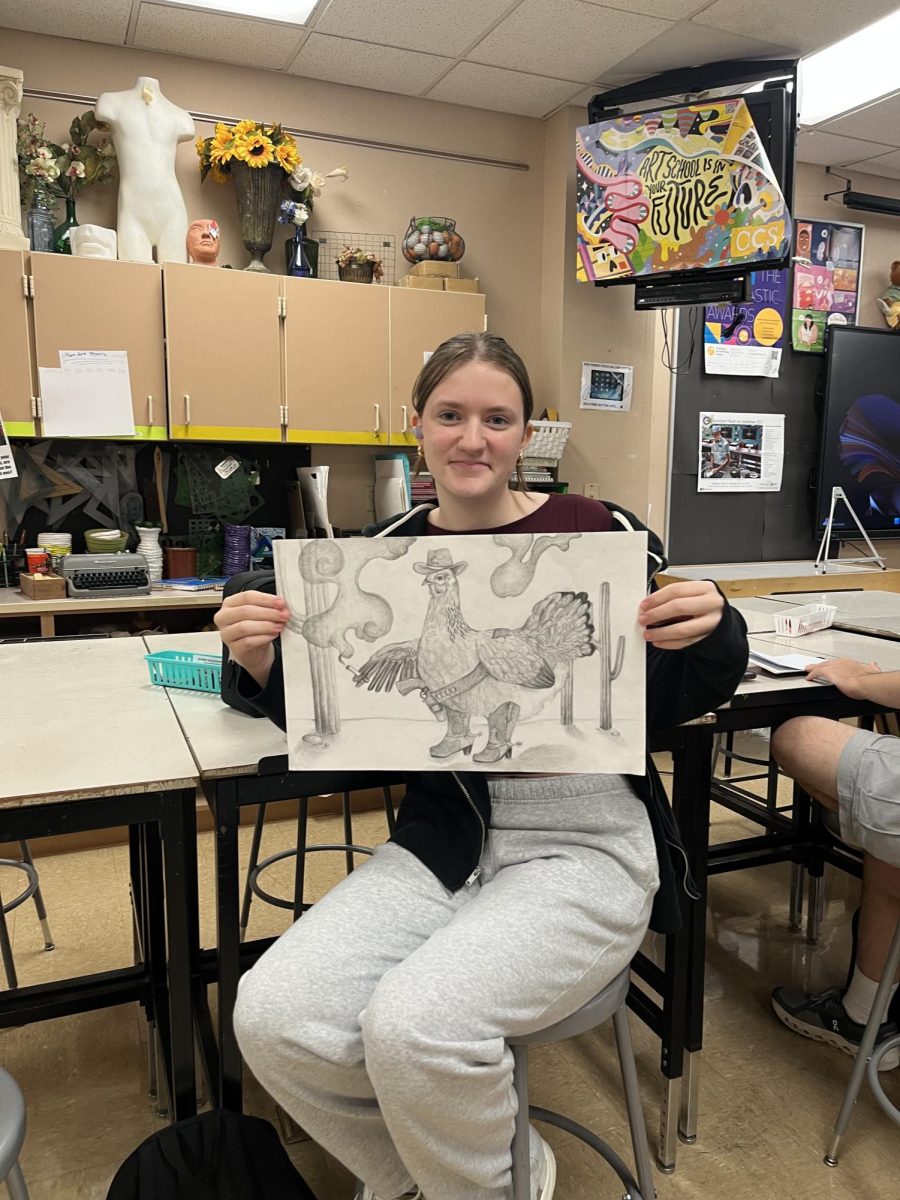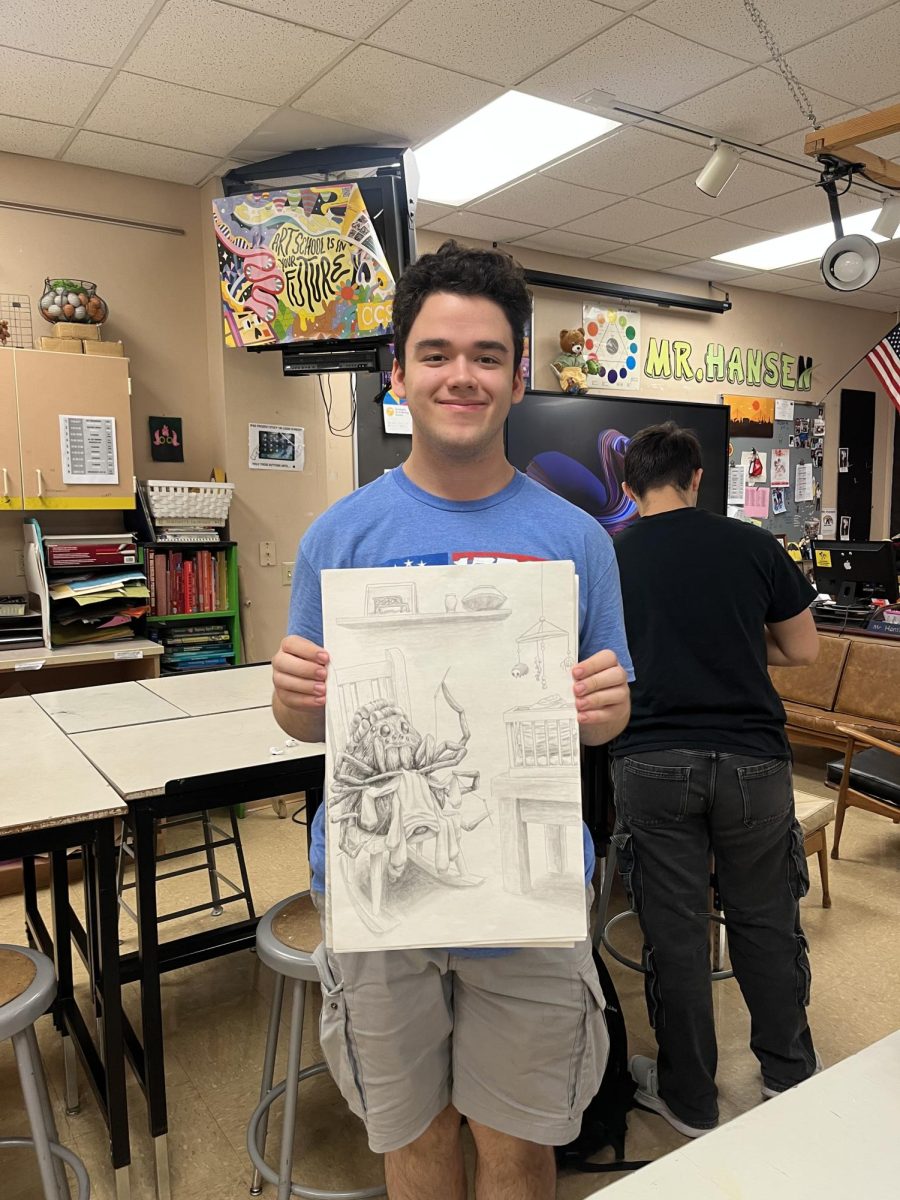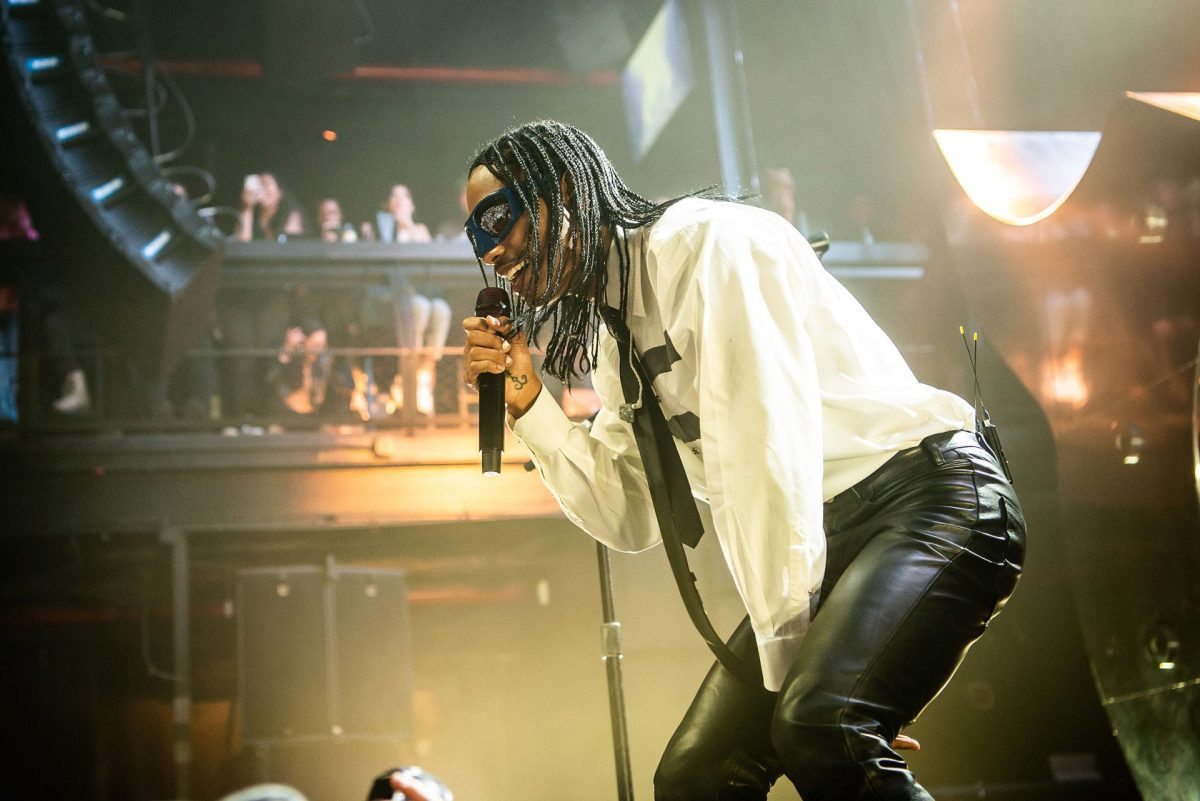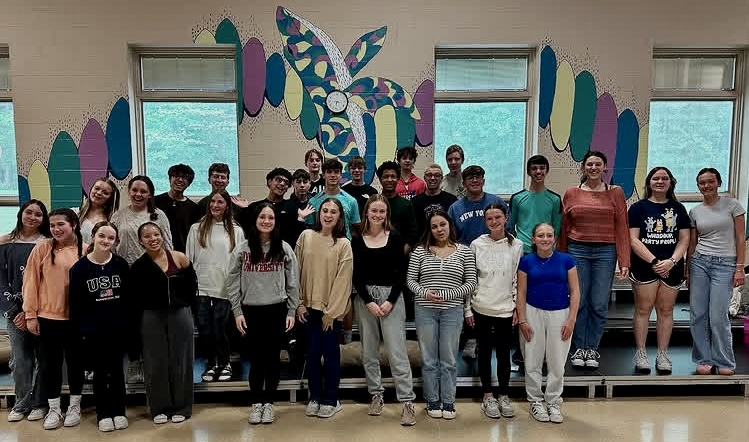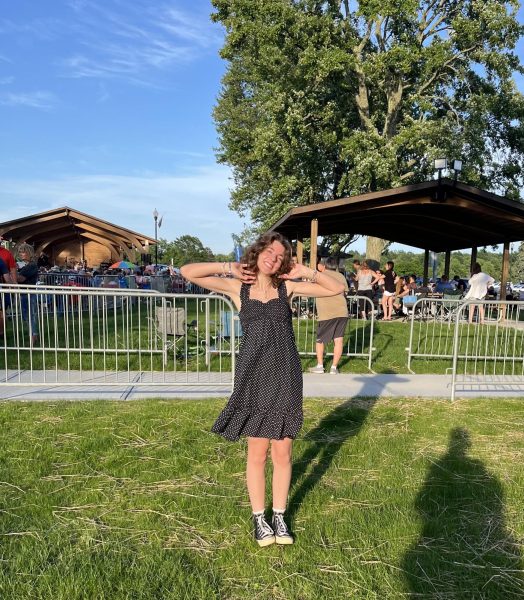With time ticking all around us the influence of TikTok on music is more prevalent than ever.
TikTok has become increasingly popular and has even reached 220 million downloads alone in the U.S., according to founder of Wallaroo Media, Brandon Doyle.
With the majority of TikToks using clips of songs in their videos a new opportunity for music growth has shown.
Dan Whateley of Business Insider’s “How TikTok is changing the music industry and the way we discover new, popular songs” claims, “Tiktok is an essential promotional tool for music artists and record labels.”
In CU Boulder Today article, “How TikTok has changed the music industry,” Ally Dever says that TIkTok allows artists to have users “preview [their] albums to gauge consumer interest, create trends to new songs, and even pay influencers to market those songs.”
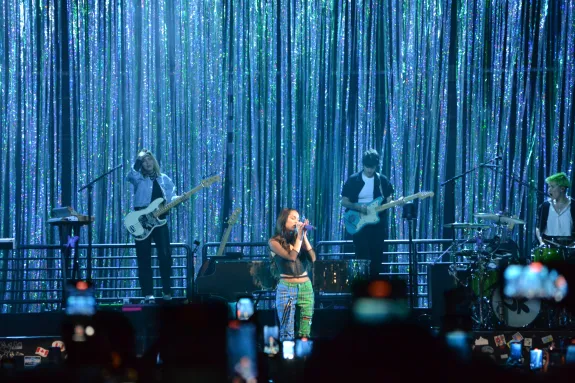
TikTok executive, Paul Hourican, claims one goal of the app is to make it a beneficial platform for its users, but also its creators.
“We want to maximize the amount of time artists have to do what artists do and make it as easy for them as possible,” says Hourican.
According to Whateley, using TikTok as a promotional platform has allowed for artists who haven’t been seen in the mainstream for a while to resurface.
As it would seem, artists of any kind can only benefit from accessible promotion, so it’s easy for many to assume that TikTok has only been beneficial to musicians; however, many disagree.
Whateley discusses how many artists are pressured by their records to make TikToks in order to promote their music. Some musicians went as far as to say that the creation of these, now ‘mandatory’ videos is overwhelming when put together with creating new music while traveling on tour.
“Record labels used to be far more involved in the development and promotion of artists,” says Dever. “Social media has allowed them to pass the buck and put much of the burden of promotion onto the artists themselves.”
Established artists typically have public relations (PR) staff to keep up with the promotion that they are now expected to attend to, because of social media like TikTok.
While they may not have to take care of all their PR, this remains another thing added to their already busy touring schedules.
All else aside, social media has allowed for many musicians to gain a following.

Between Christian Silvia’s “10 Popular Musicians Who Owe Their Career To TikTok ” and Marco Alexis’s “10 Musicians Who Blew Up on TikTok”, there are many musicians that seem to have gotten a jump start from TikTok.
Both writers discuss the fame of Måneskin, and separately discuss artists like Olivia Rodrigo and Bella Poarch.
These three had begun already with small music careers, but with the help of viral TikTok videos, they spread across the world.
With the exponential rate of artists blowing up on TikTok, the legitimacy of many fandoms are questioned.
Artists, like Steve Lacy, have seen scenarios at their concerts where fans only know popular portions of songs from their favorite 30 second video clips.
Reggie Ugwu comments in his New York Times article about Lacy’s success with his hit song, “Bad Habit.”
Lacy says that he sat on the details of this song for a while, doing anything he could to make it the best he could.
Ugwu recounts that one of Lacy’s biggest fears was to only amount to being a one-hit wonder, and his TikTok reclaimed fame put this to the test.
“That anxiety increased after a video taken at one of his concerts showing fans failing to recall the lyrics to the song’s second verse traveled widely on social media,” says Ugwu.
Lacy was initially hurt by this, but grew to accept it.
“At a certain point, you become like a commodity, and there are things about that that are annoying. But I like my music and I know that I have so many more ideas, so I’m not too in my feelings about it,” says Lacy.
Attitudes like this are what allow musicians to grow and learn, despite any unpreferred circumstances.


